Study Histories of Art and Visual Culture
The Art History Department offers a bachelor’s degree, a master’s degree with 2 concentration options, and the one and only PhD currently conferred by the Tyler School of Art and Architecture.

The Art History Department offers a bachelor’s degree, a master’s degree with 2 concentration options, and the one and only PhD currently conferred by the Tyler School of Art and Architecture.
Studying art history at the Tyler School of Art and Architecture comes with many benefits:
When you study art history at the Tyler School of Art and Architecture, your education focuses on understanding art and visual culture from an inclusive and global perspective.
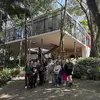
Through classroom experiences and encounters with art in museums, galleries and public spaces, you learn to focus on the materials, processes, and technologies of how art gets made. You also learn to analyze the works through more perspectives than your own.
Tyler’s art history faculty promotes the study of global art and cultures, from antiquity to present. You learn to use modes of analysis across regional, national and cultural boundaries.
Your professors guide your exploration of the intersection of art history with race, gender and other lived experiences. Choose Tyler and open your mind to a greater understanding of art and visual culture by stepping away from Eurocentric points of view.
Throughout your studies, Tyler integrates the history of art with both liberal arts and studio arts practices for a greater understanding of how to research, analyze and communicate about global art and cultures.

Understand the context of art from the past to the present to explore the human experience and develop your skills in visual literacy and verbal expression in ways that will impact the rest of your life.
Tyler offers multiple programs in Art History, providing a range of opportunities for students at both undergraduate and graduate levels.
Undergraduates may also want to consider Tyler's Bachelor of Arts in Visual Studies major. This unique interdisciplinary studio arts degree incorporates research and making, writing and creating within a socially conscious framework of studio practice and seminars.


Fundamentally, the study of art history requires you to look closely at the art, material, and methods. Then, you learn to think critically about what you see and then conduct research to build historical context. The combination of these skills helps you understand and explain interpretations of each piece.

Tyler’s research track challenges you to develop a deep geographical and chronological understanding of art history. You learn to root your analysis in historical, cultural, stylistic and ethical contexts. By working closely with individual faculty members, you graduate with knowledge and skills to:

Tyler’s arts management track provides an advanced cultural practice and specialized degree pathway, led by a 30-year veteran of the New York arts world. Learn both the historical and current forces that shape arts institutions:
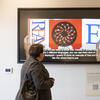
The Art History Department is proud to offer Tyler’s only doctoral program. Whether you plan a teaching, research or curatorial career, the PhD in Art History provides the broad-based training you need to rise to the highest levels of the discipline.
Tyler’s embedded admissions team is here to help with answers to your questions and guidance for applying to earn your degree here.
As a Tyler art history student, you get access to incredible resources that support your cross-disciplinary learning on Temple University’s campus and elsewhere.

Temple University's main library is an incubator for collaboration and the exchange of ideas. Designed by Snøhetta, the library is home to maker spaces, a robotic retrieval system, lectures and exhibitions. With fully remote and in-person access to online databases and collections, students can check out books, articles, and more with their Temple Owl Card credentials.

Built for both collaborative work and individual research, the Duckworth Scholars Studio provides technology required for doing textual analysis, handling big data, working in and creating 3-D spaces, visualizing geospatial relationships, and more.
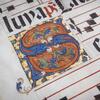
The Special Collections Research Center (SCRC) is the principal repository for and steward of the Temple University’s rare books, manuscripts, archives and university records.
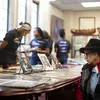
Temple University’s library features one of the nation's leading research facilities for the study of the history and culture of people of African descent.

Thanks to the stellar reputations of Tyler’s students, you also get access to a vast array of collections at other institutions in or near Philadelphia.
Image: The Barnes Foundation, Detail Main Room, North Wall.

Published since 2012, Intersections is an interdisciplinary collaboration between second-year MFA studio art students and graduate art history students.
Meet the award-winning faculty who teach in Tyler’s undergraduate and graduate degrees in art history.


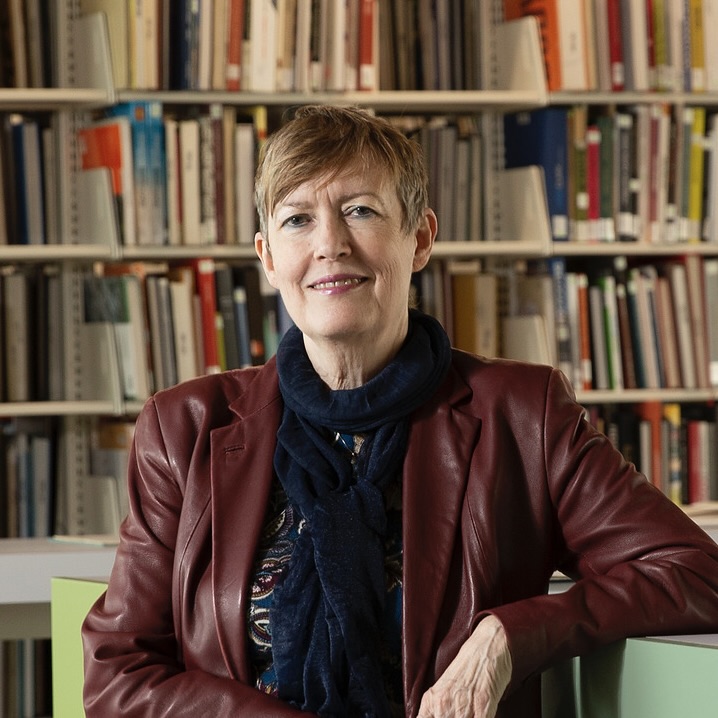
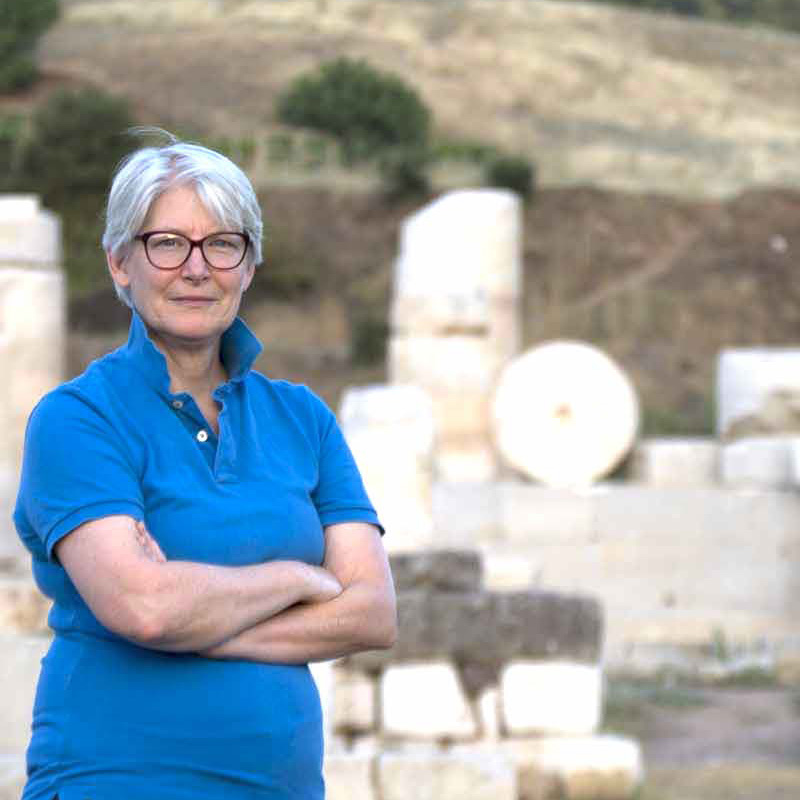
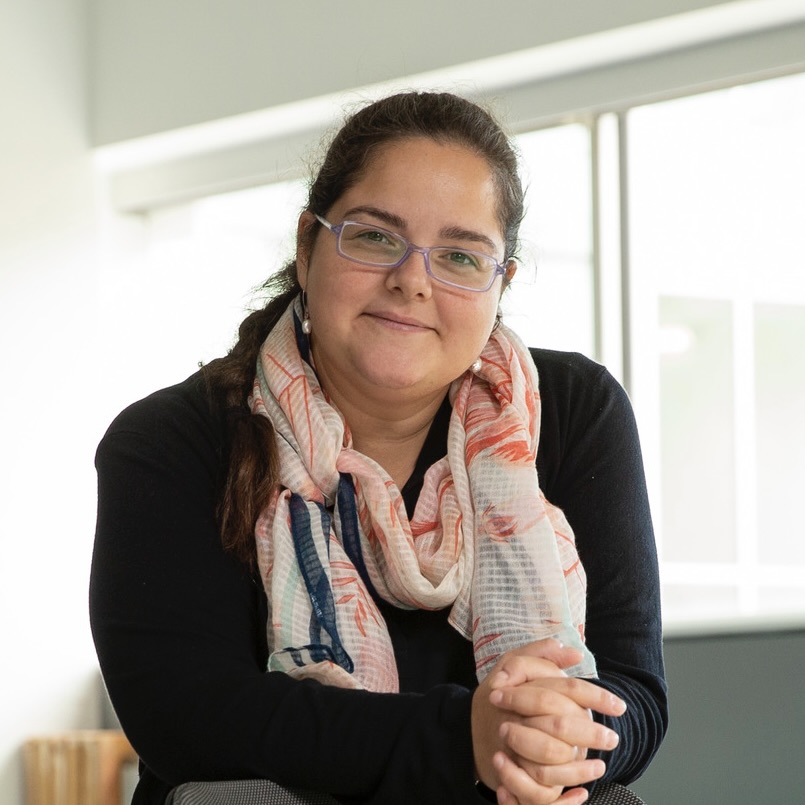
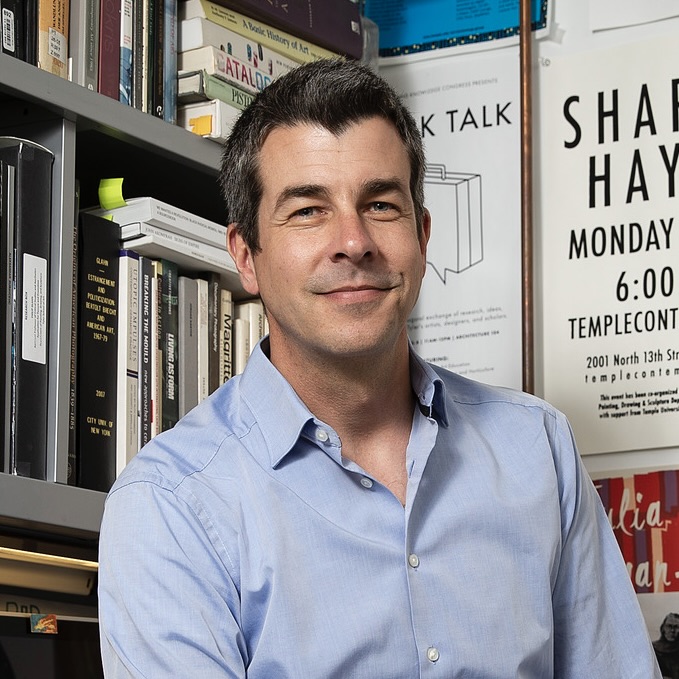

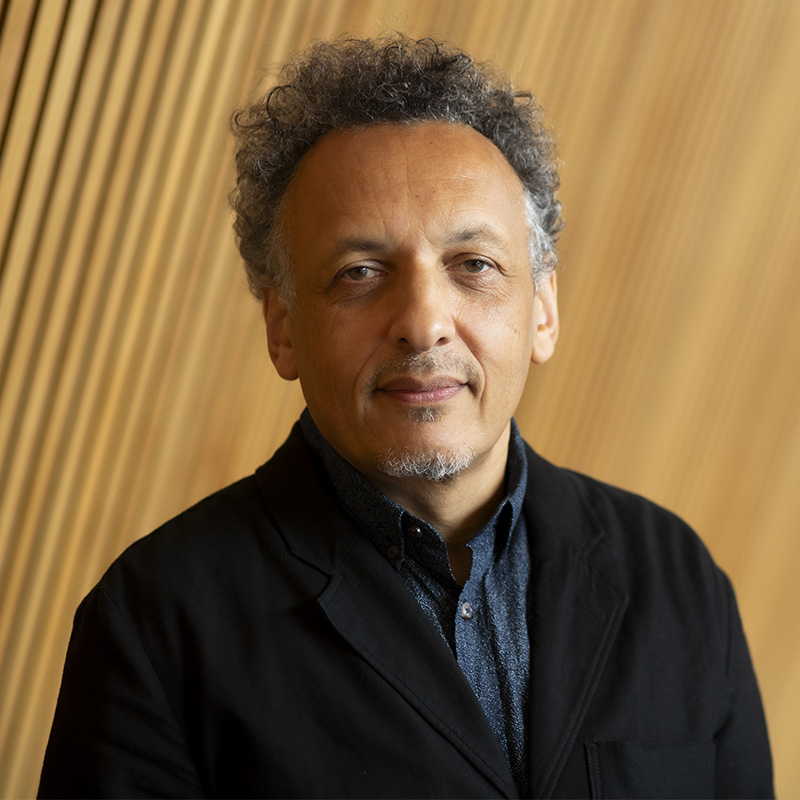
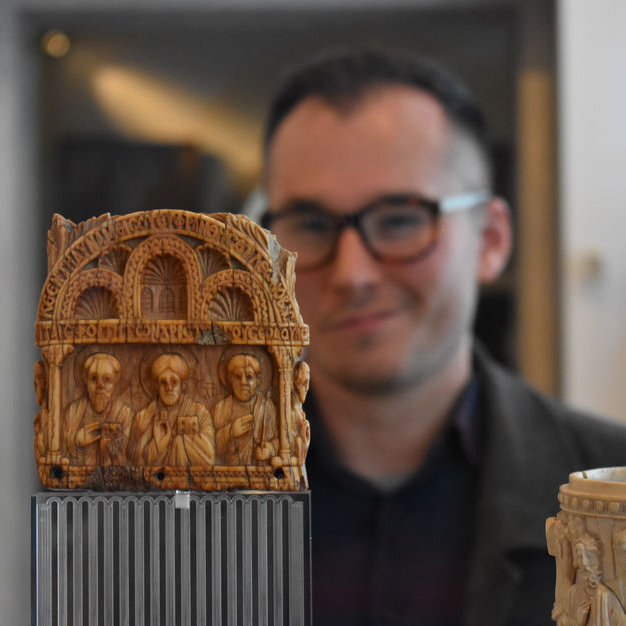
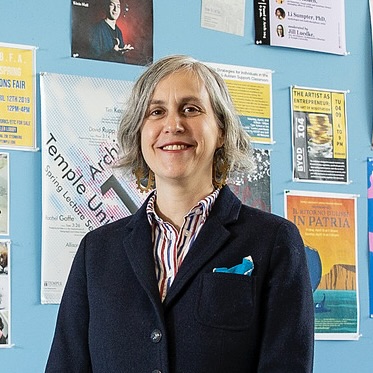
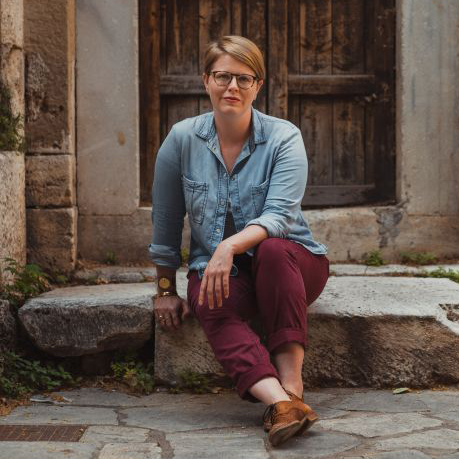


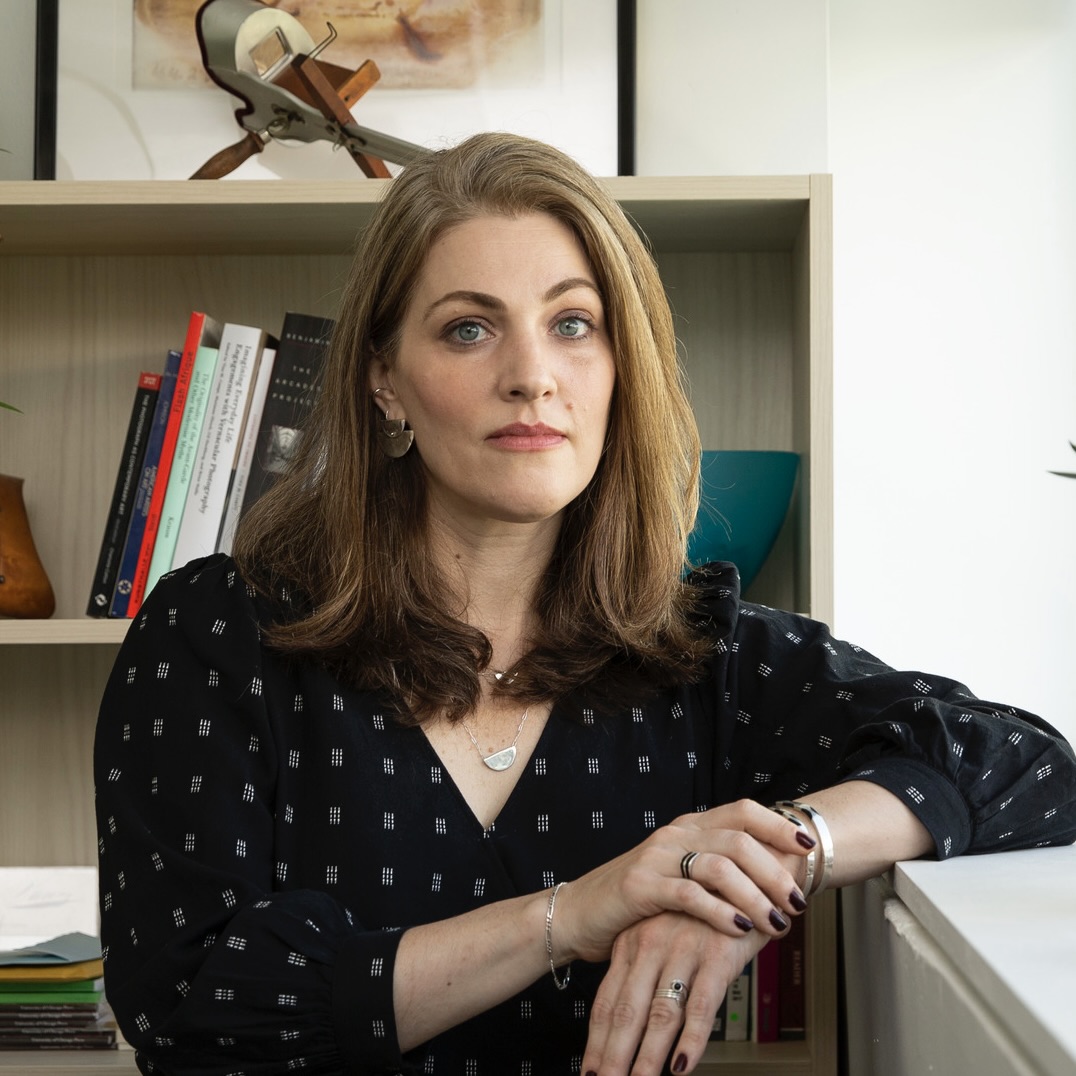
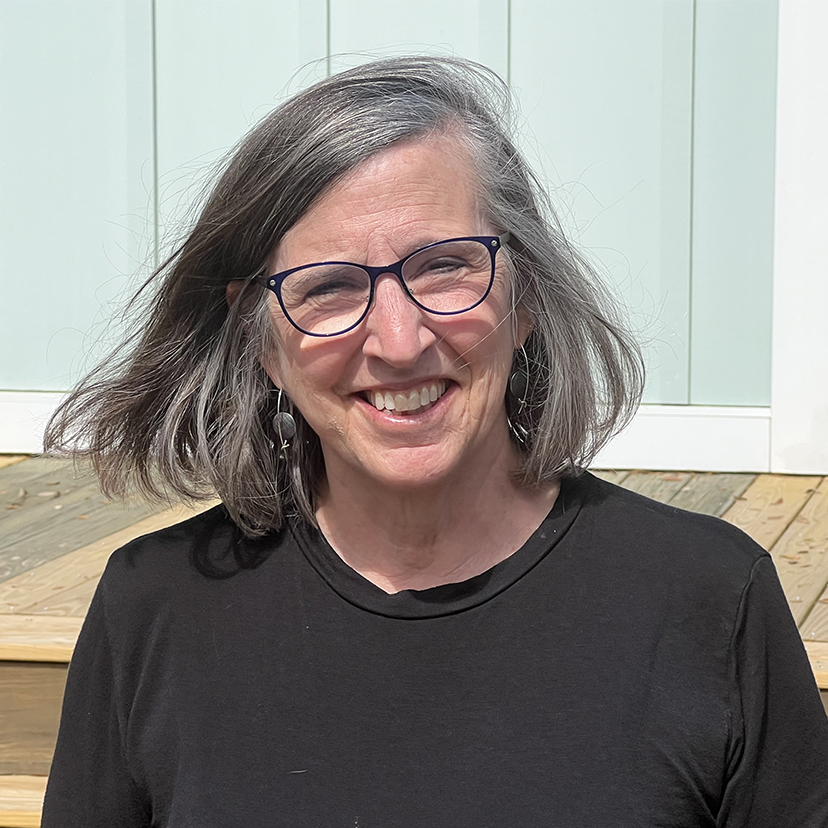


Join our online community and follow along with our Instagram posts. See photos and learn more about what’s happening in art history at Tyler.
In addition to our dedicated admissions team that helps future students, the department’s leadership can also answer specific academic questions.



